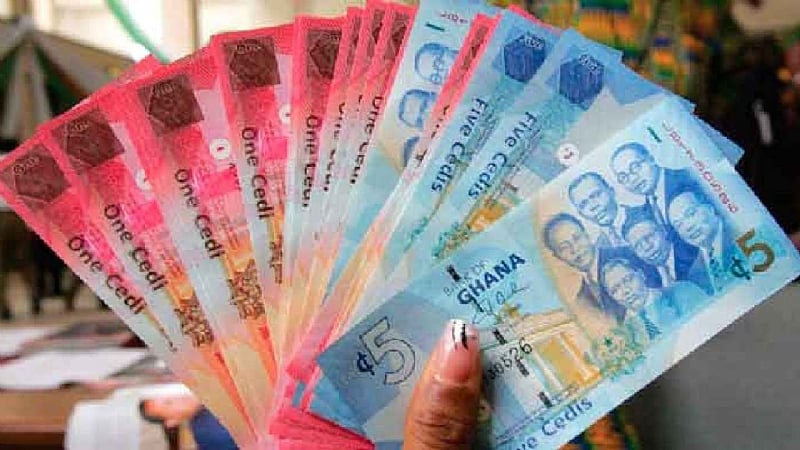As of October 8, 2024, the Ghanaian Cedi has shown some fluctuations in its exchange rates against the United States dollar. During this period, the buying rate for the Cedi remained unchanged at GHS15.73, while the selling rate saw a minor decline of 1 pesewa, moving to GHS16.24 compared to the previous day’s rates. This information is sourced from Cedirates.com, a prominent Ghanaian platform that specializes in currency and fuel updates. The Cedi’s performance demonstrates a mix of stability in purchasing power, juxtaposed with the slight weakening in selling price, which is crucial for those engaged in foreign exchange trading or those needing to convert currencies for various transactions.
In the interbank market, the Cedi is trading at GHS15.87 for buying and GHS15.89 for selling against the US dollar. These rates reflect a small margin compared to the rates provided by Cedirates.com, highlighting a common occurrence where interbank rates often differ slightly from commercial rates. The current valuation is essential for individuals and businesses trading substantial volumes of foreign currency, as these discrepancies can affect overall financial returns on international transactions.
Moving beyond the US dollar, the exchange rates for other major currencies have also been disclosed, showcasing the Cedi’s performance against the British Pound and the Euro. The average buying and selling rates for the British Pound are GHS20.51 and GHS21.34, respectively, with the Bank of Ghana interbank market quoting a selling price of GHS20.80. Meanwhile, for the Euro, the Cedi is trading at GHS17.15 for purchasing and GHS17.92 for selling. The forex market behavior reflects how the Cedi maintains a relative strength against these currencies, although it is still subjected to international market forces.
In the realm of digital financial platforms, services such as LemFi and Afriex are facilitating money transfers to Ghana from both the United States and the United Kingdom. These platforms are offering competitive rates, with LemFi providing a rate of GHS15.75 per dollar and Afriex slightly lower at GHS15.42. These options are vital for Ghanaians abroad wishing to send money home, as they provide better rates compared to traditional banking options. The competitive pricing of these institutions indicates the increasing digitization of finance and remittances, highlighting a trend towards more consumer-friendly alternatives.
For transfers involving the British Pound, both platforms present attractive rates as well, standing at GHS20.65 for buying and GHS21.01 for selling through LemFi and Afriex, respectively. On the other hand, Afriex is the only service that updated its Euro rates, offering GHS16.76 for each Euro transferred, reflecting the growing demand for service diversification in foreign currency transactions. By offering different rates and services, these platforms cater to a range of customers and transaction sizes, enhancing accessibility to financial services for those in the diaspora.
For individuals using local payment processors like Visa and Mastercard to renew subscriptions for platforms such as Netflix, Spotify, or Apple Music, the dollar rates are being offered at approximately GHS17.03 and GHS17.01. These rates are critical for consumers to consider as they manage foreign subscriptions while keeping an eye on exchange rates, protecting themselves from potential losses due to fluctuating currency values. Overall, the present exchange dynamics of the Ghanaian Cedi emphasize the intricate relationships between local and international currencies, the impact of various financial services on currency rates, and the ongoing evolution of the remittance landscape in Ghana.














